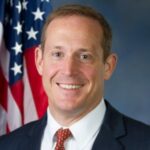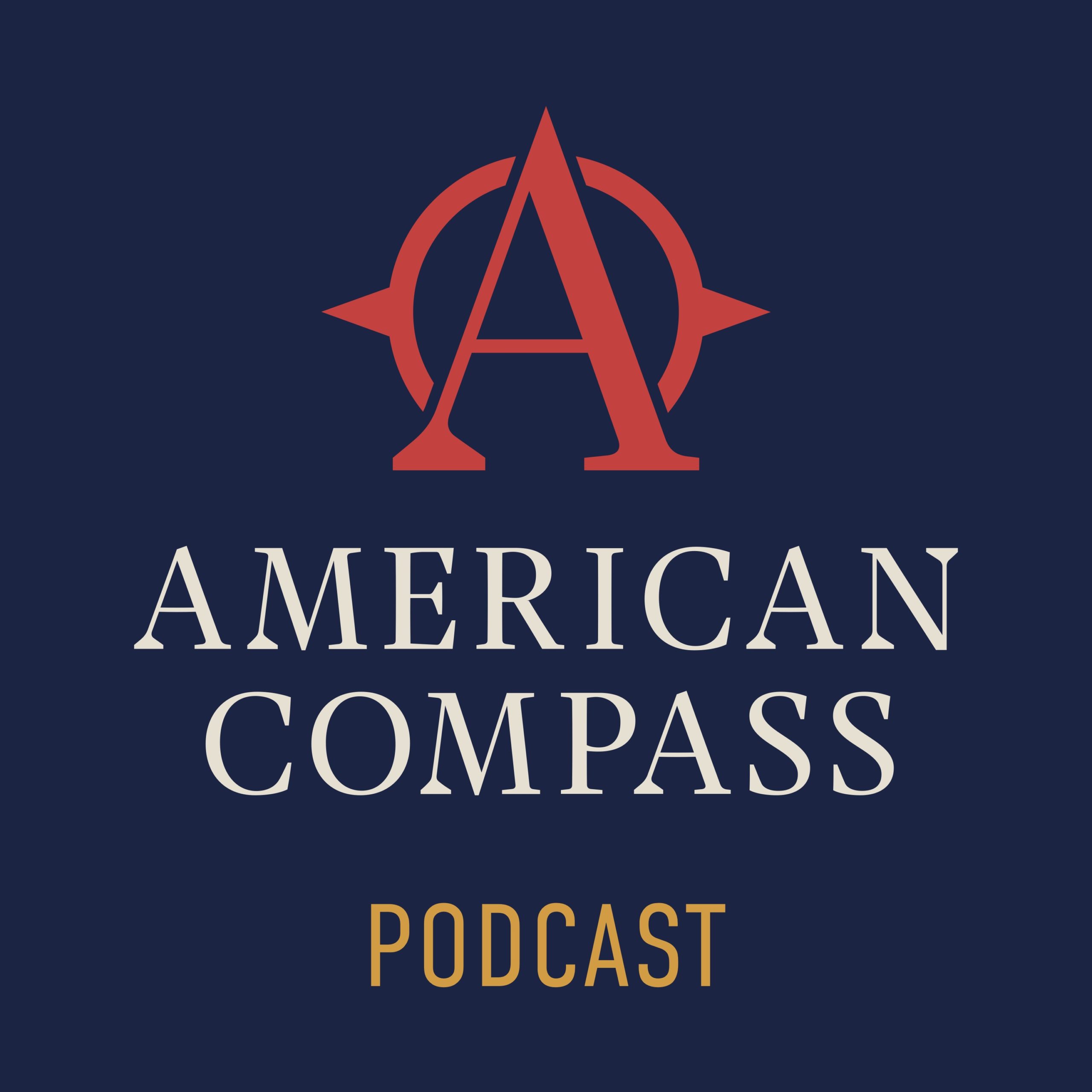
RECOMMENDED READING
American workers are the backbone of this country. In the wake of the economic devastation caused by the COVID-19 pandemic, it is more important than ever to remove barriers burdening the American worker. On Capitol Hill, the Republican Study Committee’s American Worker Task Force has proposed bold new solutions that would empower our nation’s workers to face today’s challenges as well as tomorrow’s.
For too long our country’s labor markets have been strangled by government red tape, needless and excessive regulation, and outmoded labor laws which limit worker potential, hinder wage-growth, and stifle innovative new employment opportunities. Despite historic efforts by the Trump administration and the 115th Congress to curtail harmful regulations across vast sectors of our economy, the current pandemic has only further illustrated how much more we must do to truly unlock the full potential of our workers.
The American Worker Task Force report outlines an ambitious strategy to lift up the American worker. First, we reject the “Bachelor’s or Bust” mentality that pushes an expensive four-year degree as the only path to success and instead pursue policies that will increase opportunities for high-demand, well-paying fields, especially skilled trades. To this end, we propose eliminating the bias against career and technical education in federal programs.
Additionally, we recognize the high value that apprenticeships bring to aspiring workers. According to the Department of Labor, the average starting salary for Americans who have completed apprenticeships is over $70,000. Not surprisingly, from January 2017 to June 2019, over 500,000 workers completed apprenticeship programs registered with either the Department of Labor (DOL) or a corresponding state department. Still greater opportunities lay ahead as we look to increase the availability of industry-recognized credentials earned through paid, on-the-job training in new and innovative sectors where bureaucratic-approved apprenticeships are not available. The American Worker Task Force has been encouraged by the work of the Trump administration in creating the Industry-Recognized Apprenticeship Program to work in tandem with existing Department of Labor (DOL) registered apprenticeships. Initially, the program offered $183 million in grants to businesses, non-profits, and educational institutions to collaboratively create robust training programs in the industries like technology, healthcare, and advanced manufacturing. The Task Force proposes codifying and expanding the Industry-Recognized Apprenticeship Program to allow students and workers to gain critical skills in hands-on, industry specific settings, tremendously enhancing the quality and earning potential of our nation’s workers.
Additionally, the Task Force seeks to encourage businesses to invest in upskilling for their workers by expanding tax deductibility for additional training and educational opportunities. These policies will empower workers to engage in life-long learning and skills development so they can progress towards their American Dream.
We also seek to do away with misguided regulations that may negatively impact the life-work balance of the American people. Under current law, private sector employees must be compensated 1.5 times regular pay for overtime hours. Public sector workers may take overtime compensation in the form of additional paid time off, but federal law prohibits this option for private sector workers. Americans continue to desire additional paid time off, especially during the pandemic. Consequently, the American Worker Task Force has championed the Working Families Flexibility Act, introduced by Sen. Mike Lee (R-UT), which would allow employees to elect to receive paid time off in lieu of overtime pay. Giving workers more opportunities to receive compensation they truly value is central to our goal of empowering the American worker to determine their futures and support their families.
Lastly, our Task Force rejects the view that business management and their workers need to have an adversarial relationship. While labor unions have at times played an important role in the development of our country and communities, outdated labor laws using a one-size-fits all approach to the labor-management relationship have largely decimated productive cooperation. Today’s unions actually deprive workers of a voice resulting in decades of declining membership. We believe it is time to consider other approaches. Surprisingly, Europe actually provides a successful model. Germany has had significant success with work councils, which have benefited both their companies and their workers. Our task force supports changing the law to allow new and different labor-management models to emerge.
The COVID-19 pandemic has radically re-shaped our labor market in the immediate term, and its long-term effect remains uncertain. What our nation needs now is a refocusing on how to best unleash worker potential. Expanding apprenticeships and educational programs that equip Americans with 21st century skills while rewarding and incentivizing increased investment directly in our workers along with different forms of labor-management cooperation will make our workers the most competitive around the globe. Furthermore, continuing to support the ability of our nation’s workers to pursue new opportunities and reach their full potential will strengthen our families, our communities, and our nation.
We cannot continue to apply top-heavy, one-size-fits-all federal approaches to meet the needs of our diverse workforce. American workers are the source of our country’s strength, and we must ensure that they are constantly encouraged to chart their own course to success. The status quo is simply not working. The American Workers Task Force has solutions that will refocus our labor policy to provide workers more control over their own futures, increase their skills, and strengthen economic security for them and their families. Now is the time to act.
Recommended Reading
Talkin’ (Policy) Shop: Worker Voice
On this episode, Oren and Chris discuss the issue of worker voice and how to reform labor law to create new avenues for labor input from the shop floor to the boardroom.
Policy Brief: Collaborative Labor-Management Committees
Give workers a collective voice on the job
Policy Brief: Workers in the Boardroom
Give workers a seat at the directors’ table













